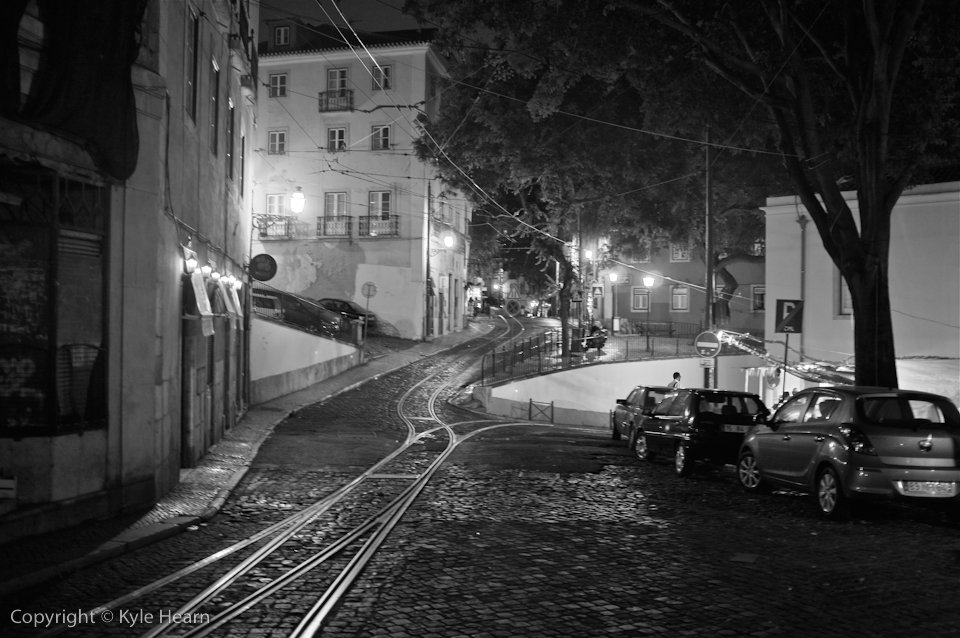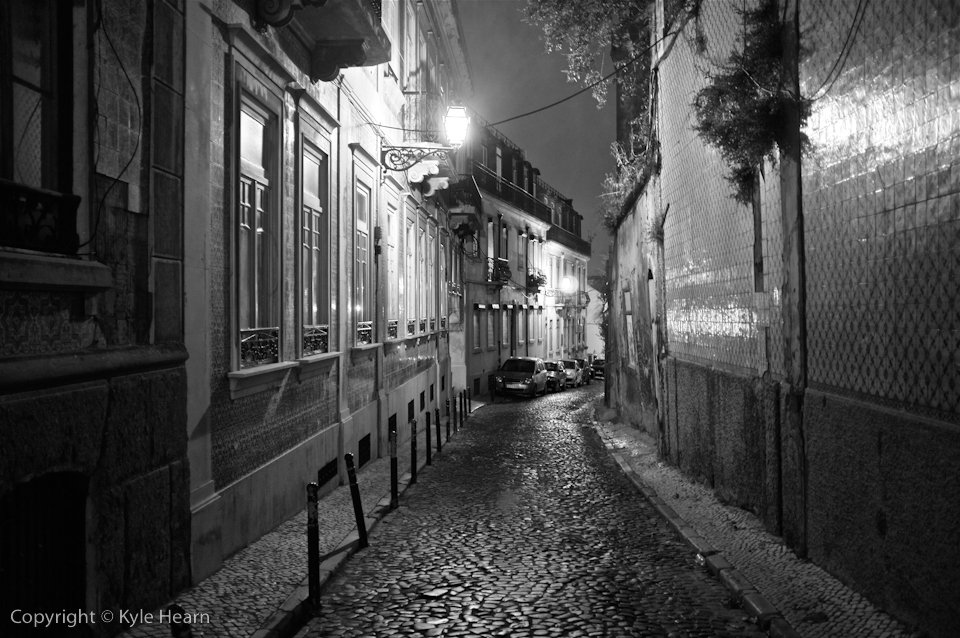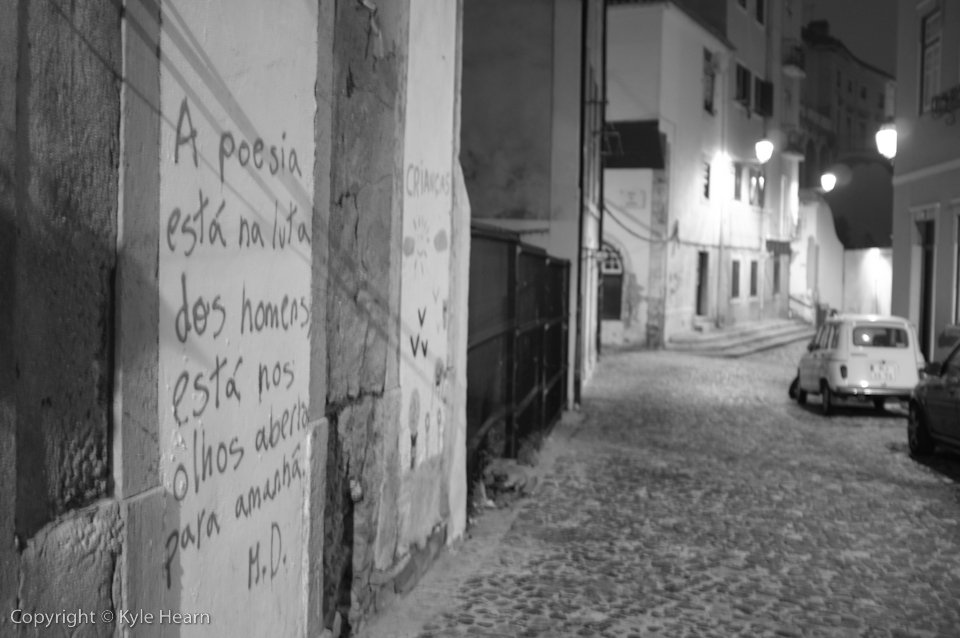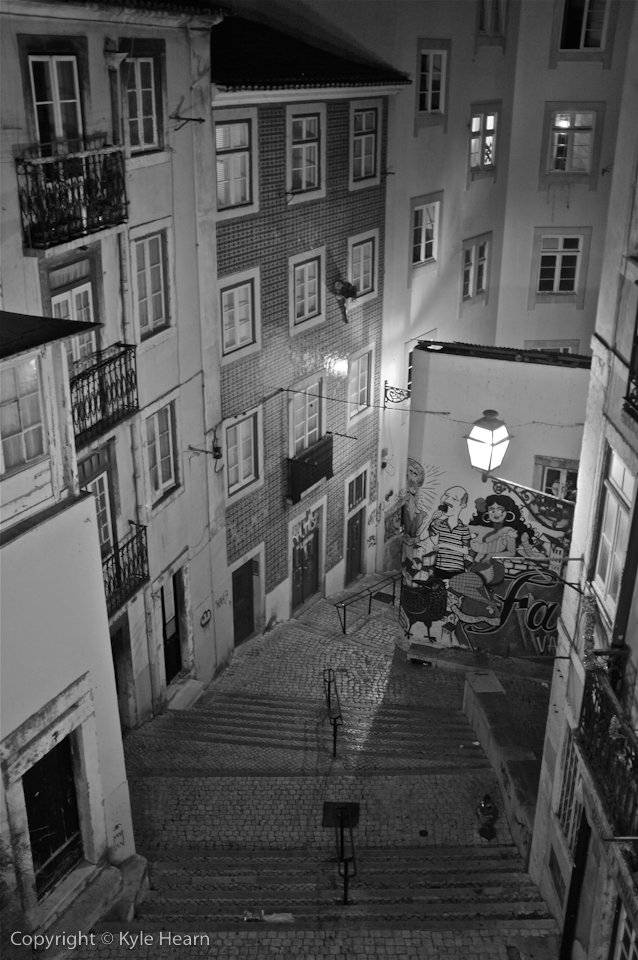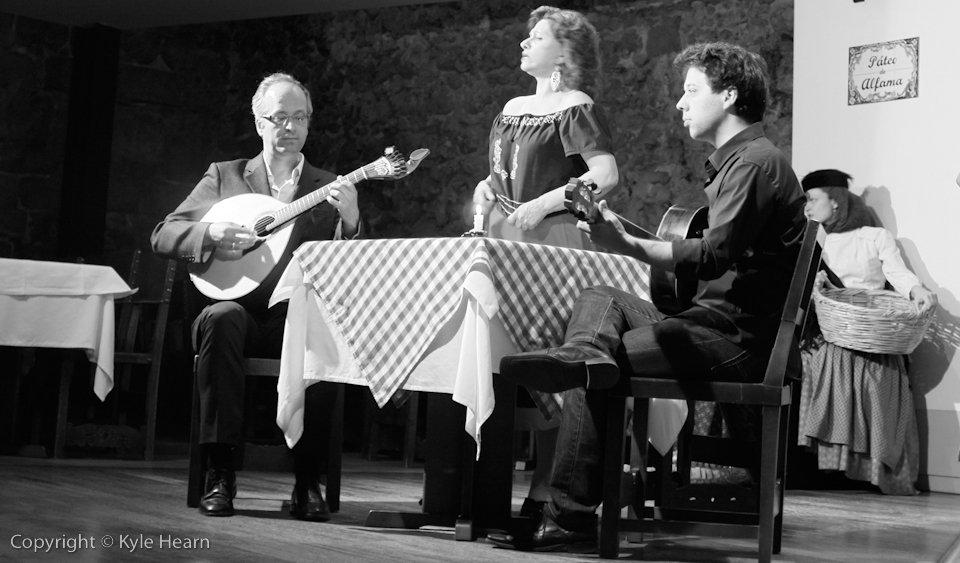“Fado is a poem that can be heard and seen” - “O Fado é um poema que se ouve e se vê”
Choram guitarras – Cry the guitars
Amor ciúme – Jealous Love
Cinzas e lume – Ash and Candlelight
Dor e pecado – Pain and Sin
Tudo isto existe – All of this exists
Tudo isto é triste – All of this sad
Tudo isto é fado – All of this is Fado
Amália Rodrigues
Alfama, the birthplace of Fado
Sometimes in life we are fortunate to have contact with an aspect or aspects of another culture that absolutely mystify/dazzle us. These cultural facets stay with us, part of us forever. In my travels, I have been able to appreciate live, beautiful, soulful performances of jazz, blues, morna from Cabo Verde, flamenco, and bossa nova, but the accessibility and intimateness of Fado from Portugal to me transcends all of my previous experiences with the other aforementioned genres.
Maybe it is the warmth and humildade of the Portuguese people, but in my experiences over the past few years in Lisbon, I have not only peered through the window of this unique culture, but have also been kindly invited in through the front door to sit down at a small table in a dimly lit, rustic, cramped room, enjoy a glass of wine and for the next few hours be allowed to immerse myself in the soothingly, delectably melancholic (but sometimes ebullient) melodies of Fado.
In my visits to Lisbon, I have focused on almost exclusively the Alfama district, one of the most humble and oldest parts of the city. Alfama from its outward appearance seems to be a rough and tumble maze of dark, narrow cobblestone streets filled with crumbling facades and chipped paint. On Alfama’s streets one feels the thickness of a medievalesque, heaving urban humanity in what appears to be completely crowded and lacking privacy due to the closeness of its buildings, but in actuality guards the intimate culture of Fado. Alfama is its birthplace. It is in this neighborhood near where the River Tejo meets the sea where one can truly experience Fado and both understand and feel the origins of its musical culture.
Meeting Fadistas
As I spent many evenings traversing the dimly lit streets I found it easy to speak to the people and was aided by my ageing Portuguese language skills acquired so long ago. On many occasions I was privileged to be able to speak with some of the Fadistas (those who sing or play Fado) and learn of their passion for the art. These Fadistas shared with me their stories of what Fado meant to them.
One story told to me by Manuel Romao, who had a beautiful, haunting voice, was particularly touching. On the night his daughter was born he was obligated to sing and was tragically unable to attend her birth. Angered by this obligation, he renounced Fado and put away his singing voice. Ten years later, at only his daughter’s request, he returned to the music. He said, “It was as if I had never stopped singing – like I had sang just the night before.”
Manuel Romao, Fadista
I spoke with the fascinating Fadista, Filipa Tavares who reflected on how she became a Fadista and her passion for the genre. Below is an excerpt of my interview with her and recording of her singing.
“I sang many types of music, Rock, Pop but the sound and melody of Fado complemented my style more and also because I always appreciated poetry. I discovered that in Fado, poetry has always been in this form of music. So in the end these two aspects came together - the melody and the poetry that was sung - that led me to the genre of Fado.”
I had the honor of listening to Antonio Parreira, a famous Fado composer and collaborator with the Queen of Fado, the late Amália Rodrigues. A master of the Portuguese guitar, I listened as he patiently taught an advanced student in a private class the essence of the Portuguese guitar and the guitarrada (the instrumental joining of the Spanish and Portuguese guitars to Fado melodies).
Finally, I had an entrancing conversation with the sultry-voiced Ana Vera, a Fadista who shared what she feels when she sings Fado to an audience.
“I forget about myself. Me in that moment I am not myself. I am the one that gives. For me this is what is important. I am not thinking about myself. I am not thinking. I give without thinking. This is what I feel. When those miraculous days of good ambience occur - those days that are 100 percent Fado or more than 100 percent I am not fully there. It’s in my soul, my natural essence.”
My last night in Lisboa I had the pleasure of listening to Teresa Tapadas.
Teresa Tapadas, Fadista

